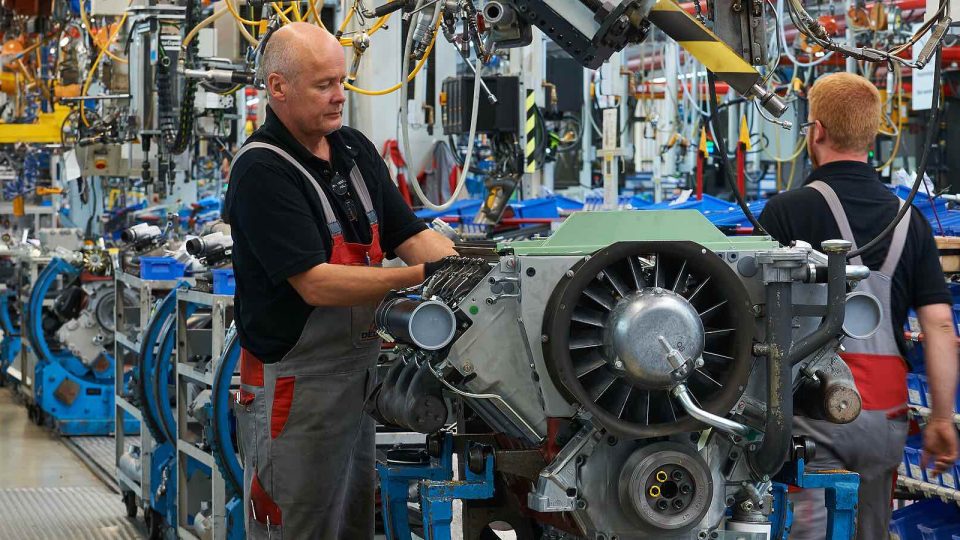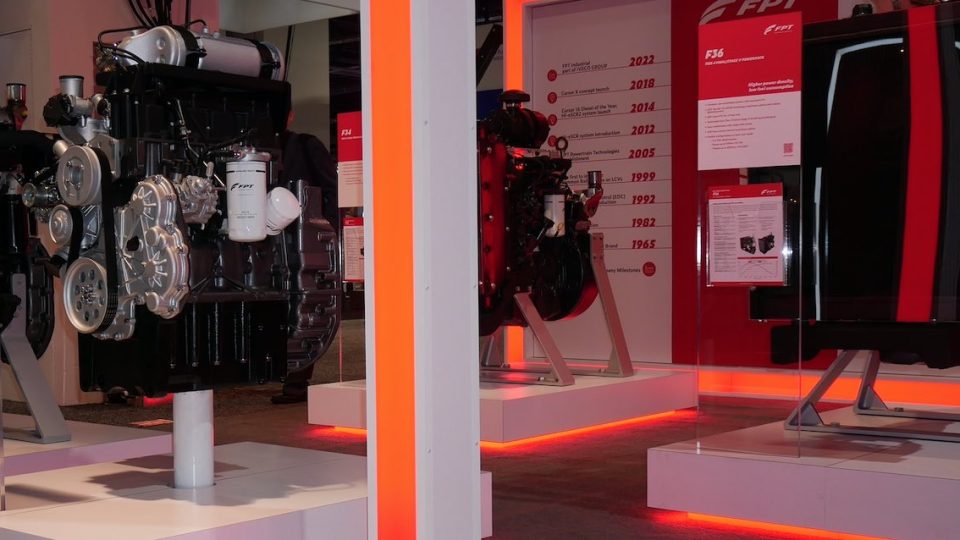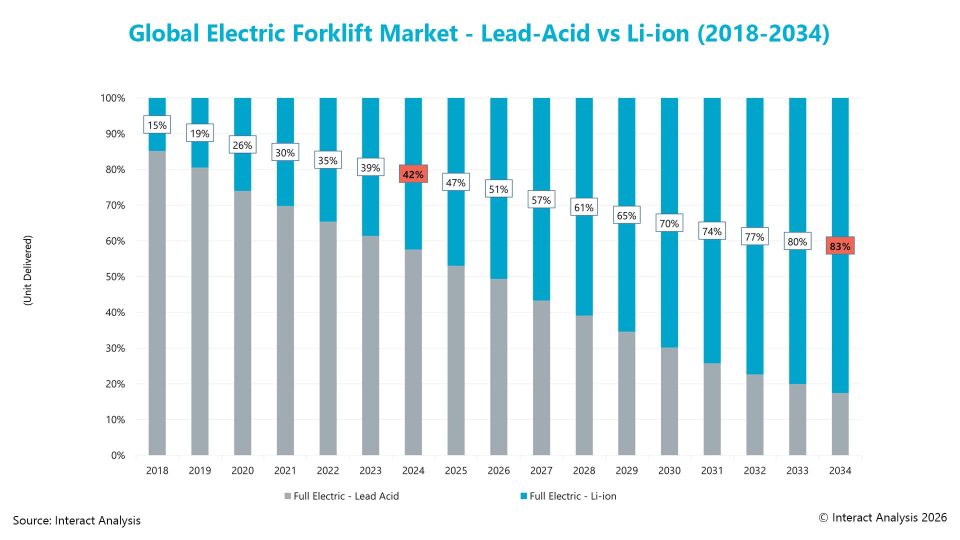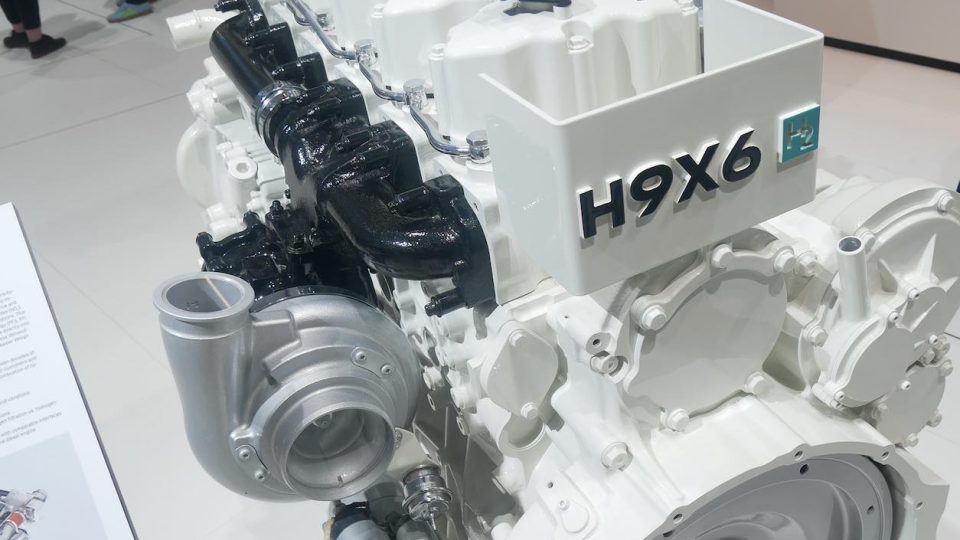Texaco and the oil benefits for DPF
At the Non-Road Powertrain & Fuels Europe 2025 conference, organized by Emissions Analytics, we discussed the relationship between engine oil quality and DPFs with Chris Van Geeteuruyen, OEM Tech Services Europe
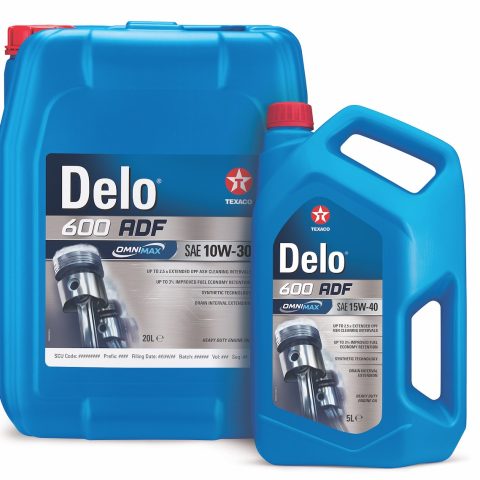
While at Non-Road Powertrain & Fuels Europe 2025, Texaco reminded us of a key factor: the close interaction between the DPF and engine oil. Let’s hear from Chris Van Geeteuruyen, OEM Tech Services Europe.
Chris Van Geeteuruyen, DPF and engine oil
“The Delo 600 ADF is an ultra-low ash engine oil technology. Typically, engine oils contain around 1% ash, but as engines evolve and emission legislation becomes stricter, particularly with the increasing use of diesel particulate filters (DPFs) in both on- and off-highway equipment, there was a clear need to reduce ash accumulation in these filters. We started exploring ways to lower ash content in engine oils. This is challenging because many traditional additives, with 20–50 years of proven performance, naturally contain ash. About ten years ago, during product development, we identified novel technologies with lower or even zero ash content that could perform the same functions. By replacing traditional additives with these low- or zero-ash alternatives, we maintained the same performance levels. All engine and bench tests prescribed by OEMs confirmed that Delo 600 ADF not only meets but often exceeds the performance of conventional 1% ash oils.
To reduce ash in the filter
Importantly, testing showed a proportional reduction of ash accumulation in the DPF: where a standard oil might deposit 40 grams per liter, the Delo 600 ADF reduced this to about 18 grams per liter. In practical terms, this lower ash level extends the service life of the DPF. For example, a machine that would typically require DPF replacement after 4,000 hours using a 1% ash oil could potentially reach 10,000 hours with Delo 600 ADF. This translates into easier maintenance, lower costs, and reduced downtime. Additionally, the robust performance of the ashless additives allows for longer drain intervals. Standard intervals of 500 hours can be extended to 1,000 hours, with some applications reaching 1,500–2,000 hours depending on engine type and operating conditions.
Fuel economy is also positively impacted. Lower ash accumulation reduces back pressure in the DPF, which decreases fuel consumption since the engine doesn’t have to work against high back pressure. Moreover, with more free space in the DPF to trap soot, active regeneration occurs less frequently, further improving fuel efficiency. Delo 600 ADF is suitable for all major engine types in the market. It is recommended for a wide range of off-highway applications, including construction machinery, material handling, wheel loaders in ports, agricultural equipment, and road machinery.”


